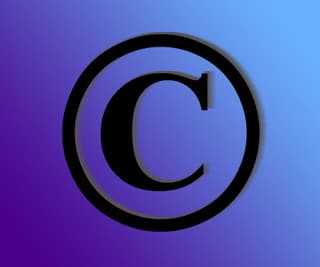
Jeff John Roberts posted an insightful piece for paidContentthat enlightens on a subject not many may know about: copyright law, more specifically, the part of copyright law that gives authors the rights to their books back after thirty-five years. While it’s not quite so simple as waving a magic wand over a calendar, the section of a 1978 copyright law was originally intended to help authors who may have been starving at the time of publication to retrieve the rights to a future bestseller that they had essentially willed away.
Now that thirty-five years have passed since the inception of the law, who stands to benefit? There are some major name authors like Stephen King whose works would now be available for return to him, assuming he follows the confusing guidelines that the copyright act spells out concerning timelines for notifying the publisher and such. And authors like King who have taken a proactive stance in digital publishing very well might be interested in redeeming the rights to their previously published works. Other authors, however, especially those who have passed away and have left their royalty rights to their estates, may opt to leave well enough alone and continue to earn the standard royalty previously agreed to contractually by allowing the publisher to maintain ownership of the rights.
However authors opt to address the copyright situation, it is certain that digital publication might make this much more lucrative for authors with the technological know-how to return and benefit from the thirty-five year ruling. This comes to light at a time when a number of publishers are experimenting with digital publishing by starting with their backlist titles, alongside the publishers who are actually turning a profit in ebooks by releasing the long-awaited digital editions of some classics.
Mercy Pilkington is a Senior Editor for Good e-Reader. She is also the CEO and founder of a hybrid publishing and consulting company.
